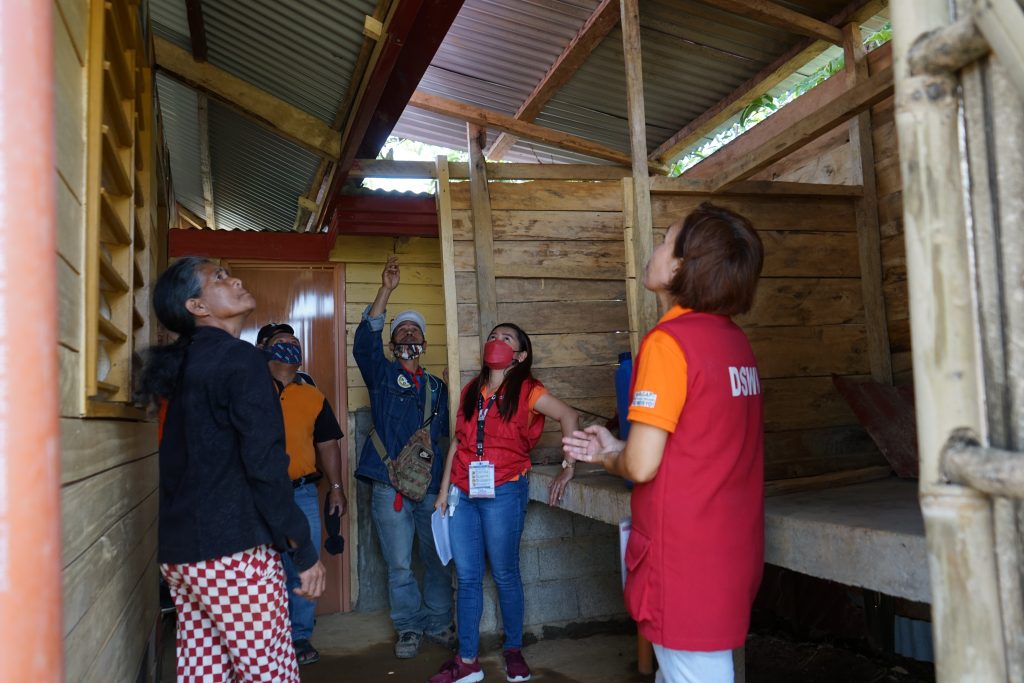
After completing over 2,300 subprojects in Northern Mindanao, KALAHI-CIDSS intensifies its efforts to strengthen organizations and local government units to keep delivered subprojects fully operational and functional.
This year, the Kapit-Bisig Laban sa Kahirapan Comprehensive and Integrated Delivery of Social Services (KALAHI-CIDSS) program gears up to advocate for project sustainability at the barangay, municipal, and provincial levels.
Series of coordination, lobbying, technical assistance provision and capacity building are lined up for its stakeholders to inculcate sustainability mechanisms in their local structures and systems.
Operation and maintenance are critical following the implementation of subprojects, ensuring their longevity and impact on the community
“We have set the deliverables for our staff for the next six months to address the concerns from our stakeholders related to subproject sustainability,” said Engr. Abobacar D. Tocalo, Deputy Regional Program Manager.
Since 2021, KALAHI-CIDSS has invested Php1.7 Billion in community grants and capacity-building activities to improve access to basic services and enable meaningful community participation in the planning, budgeting, and implementation of identified subprojects.
Over the last four years, different fund sources have implemented the community-driven development (CDD) strategy under KALAHI-CIDSS, namely, the National Community-Driven Development Program Additional Financing, the Kapangyarihan at Kaunlaran sa Barangay, and the Philippine Multisectoral Nutrition Project.
From 2021-2024, KALAHI-CIDSS reached 77 municipalities in Region 10 and engaged 1,151 barangays to deliver public goods and community enterprise projects that directly address development needs.
DSWD, through the KALAHI-CIDSS program, is committed to helping the poorest barangays gain access and control over key development decisions and resources, leading to better access to basic services and community empowerment.


